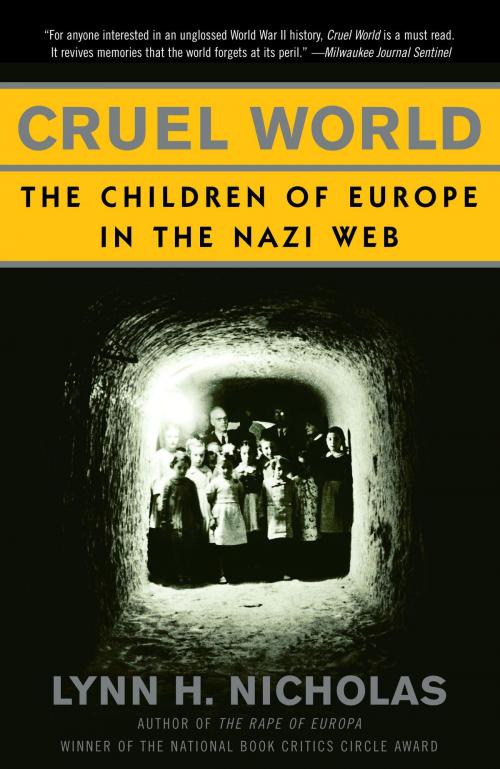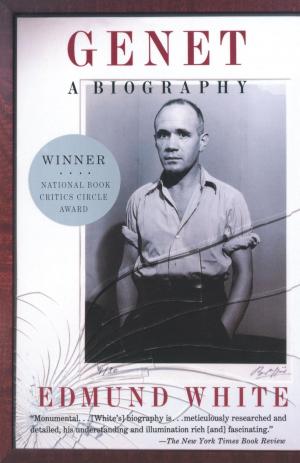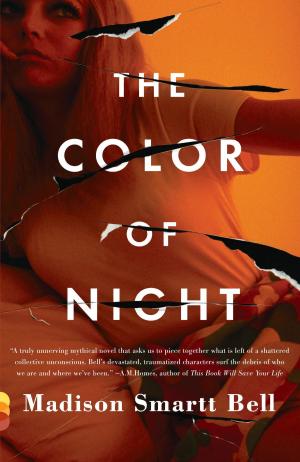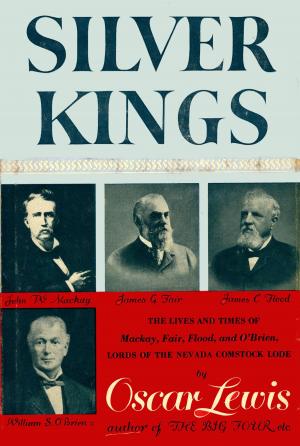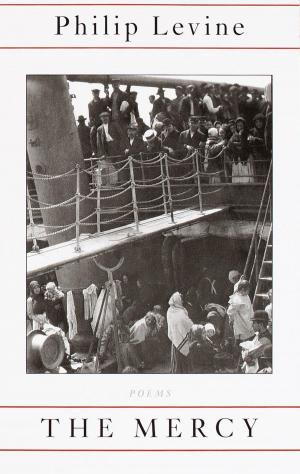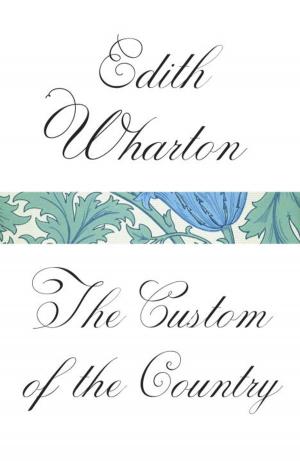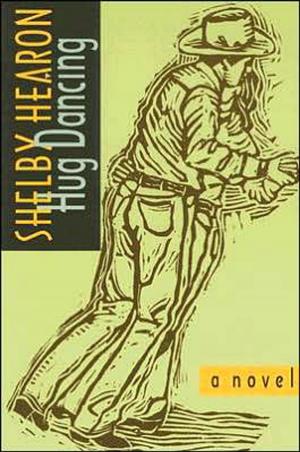Cruel World
The Children of Europe in the Nazi Web
Nonfiction, History, Jewish, Holocaust, European General, Social & Cultural Studies, Social Science| Author: | Lynn H. Nicholas | ISBN: | 9780307793829 |
| Publisher: | Knopf Doubleday Publishing Group | Publication: | May 25, 2011 |
| Imprint: | Vintage | Language: | English |
| Author: | Lynn H. Nicholas |
| ISBN: | 9780307793829 |
| Publisher: | Knopf Doubleday Publishing Group |
| Publication: | May 25, 2011 |
| Imprint: | Vintage |
| Language: | English |
To be a child in mid-twentieth-century Europe was to be not a person but an object, available for use in the service of the totalitarian state. Very soon after Adolf Hitler came to power, policies of eugenic selection and euthanasia began to weed ill or disabled children out of the New Order by poison, gas, and starvation. Defect-free “good blood” children were subjected to an “education” based on racism, propaganda, and the glorification of the Führer, and were deliberately deprived of free time that would allow independent thought or action.
Once the war began, “Nordic”-looking children were kidnapped from families in the conquered lands and subjected to “Germanization.” Meanwhile, hundreds of thousands of “bad blood” children—Jews, Gypsies, Poles, Ukrainians, Russians(were separated from their families and condemned to forced migration, slave labor, sadistic experiments, starvation, and mass execution. At the end of the war, uprooted children of every origin wandered the bombed-out cities and countryside, some having been taken from home at such a young age that they did not know where they had come from or even their own names. Millions surged into and out of DP camps, exploited by political and religious groups, while the Allies and the fledgling United Nations tried mightily to put families back together and to find new homes for the orphans.
All the riveting narrative skill and impeccable scholarship that distinguished Lynn Nicholas’s first book, The Rape of Europa (winner of the National Book Critics Circle Award for nonfiction), are present in her study of these terrible crimes against humanity. To research this story she has delved into the governmental and military archives of many nations, and has interviewed countless individuals. She shows the relationship of the deadly Nazi policies to the brutal tactics used in the USSR in the 1930s and to their rehearsal in the Spanish Civil War, and vividly describes the abject failure of Hitler’s campaign to plant Germanizing colonies in the conquered nations. She gives us the stories of survivors of ghastly war-spawned famines(in Greece and Russia in the 1940s, Holland in the “Hunger Winter” of 1945, and Berlin in the Airlift year of 1949(and of British, French, and Dutch childrenwho were evacuated to the countryside; boys and girls sent alone from Europe to England on the Kindertransports; the teenaged soldiers of the Reich; the small veterans of the quarries, the factories, and the camps as well as those who survived in lonely hiding.
In Cruel World Lynn Nicholas shows us clearly, and with passionate empathy for the innocent victims, the crimes against children that inevitably result when ideology overwhelms humanity. This powerful book, as it recounts the waking nightmare that enmeshedthe lives of Europe’s boys and girls, bears witness to our own responsibility to the children of the twenty-first century.
To be a child in mid-twentieth-century Europe was to be not a person but an object, available for use in the service of the totalitarian state. Very soon after Adolf Hitler came to power, policies of eugenic selection and euthanasia began to weed ill or disabled children out of the New Order by poison, gas, and starvation. Defect-free “good blood” children were subjected to an “education” based on racism, propaganda, and the glorification of the Führer, and were deliberately deprived of free time that would allow independent thought or action.
Once the war began, “Nordic”-looking children were kidnapped from families in the conquered lands and subjected to “Germanization.” Meanwhile, hundreds of thousands of “bad blood” children—Jews, Gypsies, Poles, Ukrainians, Russians(were separated from their families and condemned to forced migration, slave labor, sadistic experiments, starvation, and mass execution. At the end of the war, uprooted children of every origin wandered the bombed-out cities and countryside, some having been taken from home at such a young age that they did not know where they had come from or even their own names. Millions surged into and out of DP camps, exploited by political and religious groups, while the Allies and the fledgling United Nations tried mightily to put families back together and to find new homes for the orphans.
All the riveting narrative skill and impeccable scholarship that distinguished Lynn Nicholas’s first book, The Rape of Europa (winner of the National Book Critics Circle Award for nonfiction), are present in her study of these terrible crimes against humanity. To research this story she has delved into the governmental and military archives of many nations, and has interviewed countless individuals. She shows the relationship of the deadly Nazi policies to the brutal tactics used in the USSR in the 1930s and to their rehearsal in the Spanish Civil War, and vividly describes the abject failure of Hitler’s campaign to plant Germanizing colonies in the conquered nations. She gives us the stories of survivors of ghastly war-spawned famines(in Greece and Russia in the 1940s, Holland in the “Hunger Winter” of 1945, and Berlin in the Airlift year of 1949(and of British, French, and Dutch childrenwho were evacuated to the countryside; boys and girls sent alone from Europe to England on the Kindertransports; the teenaged soldiers of the Reich; the small veterans of the quarries, the factories, and the camps as well as those who survived in lonely hiding.
In Cruel World Lynn Nicholas shows us clearly, and with passionate empathy for the innocent victims, the crimes against children that inevitably result when ideology overwhelms humanity. This powerful book, as it recounts the waking nightmare that enmeshedthe lives of Europe’s boys and girls, bears witness to our own responsibility to the children of the twenty-first century.
